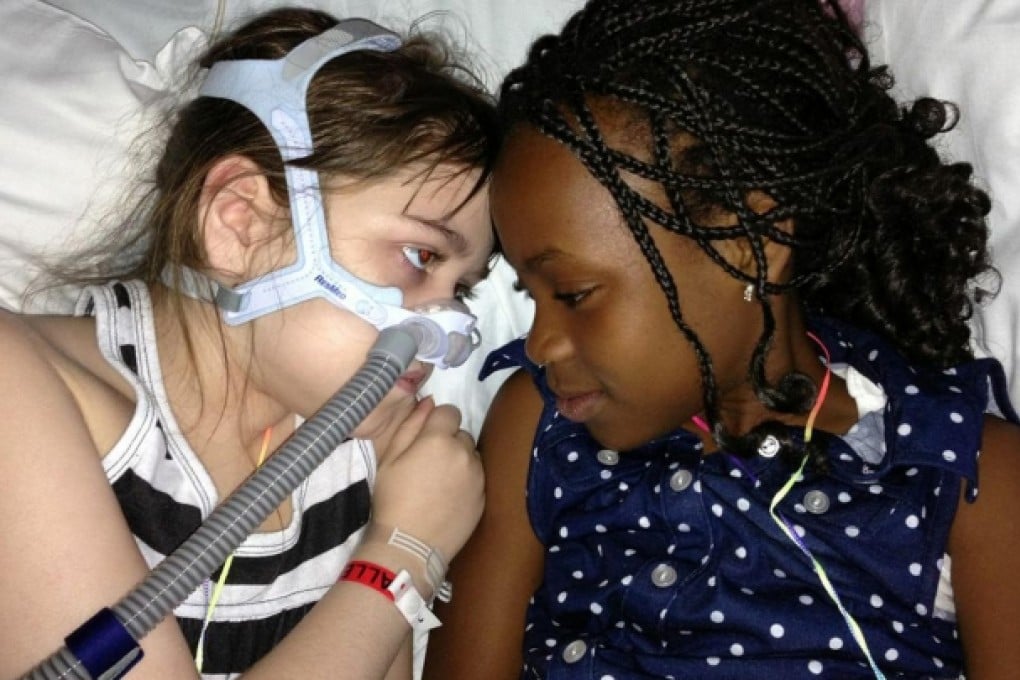US officials ease lung transplant rules for children
Pair with cystic fibrosis ruled eligible for donor organs from adults after court challenge by parents to criteria for treating children waiting for op

US health officials have voted in an emergency meeting to allow children to seek lung transplants from adult donors, after two families filed lawsuits challenging a ban.
The families of Sarah Murnaghan, 10, of Newtown Square, in the US state of Pennsylvania, and Javier Acosta, 11, of New York, sued last week in the hope of changing the rule that keeps children under 12 from qualifying for adult lungs unless eligible adolescent and adult patients in the same geographic region have turned them down.
The number of patients potentially affected is very small
Judge Michael Baylson of the US District Court in Philadelphia last week ordered the Department of Health and Human Services, which oversees the transplant network, to at least temporarily put Sarah and Javier, patients at Children's Hospital of Philadelphia, on the adult waiting list.
The case has drawn widespread attention, with critics saying the courts have no business intervening in complex organ transplant policy and supporters of the two sick children saying the rules are grossly unfair. Both children have cystic fibrosis, a genetic disease that ravages the lungs. Sarah's doctors have said she might have only weeks to live without a transplant.
On Monday, the executive committee of the Organ Procurement and Transplantation Network did not drastically change the rules for lung allocation. But it voted to allow children under 12 awaiting a lung transplant to have their cases reviewed by a national board of lung transplant surgeons. Based on the severity of their condition, the board might allow such children to get on the adolescent and adult waiting lists for lungs while also keeping their spot on the paediatric list.
According to the network, 1,659 people nationwide are awaiting a lung transplant, but only about 30 of them are younger than 12. Since 2007, there has been only one transplant of adult lungs into a child younger than 12, the network said.
"The number of patients potentially affected by this policy is very small and unlikely to have a significant impact on the larger pool of transplant candidates," said Anne Paschke, a spokeswoman for the network.